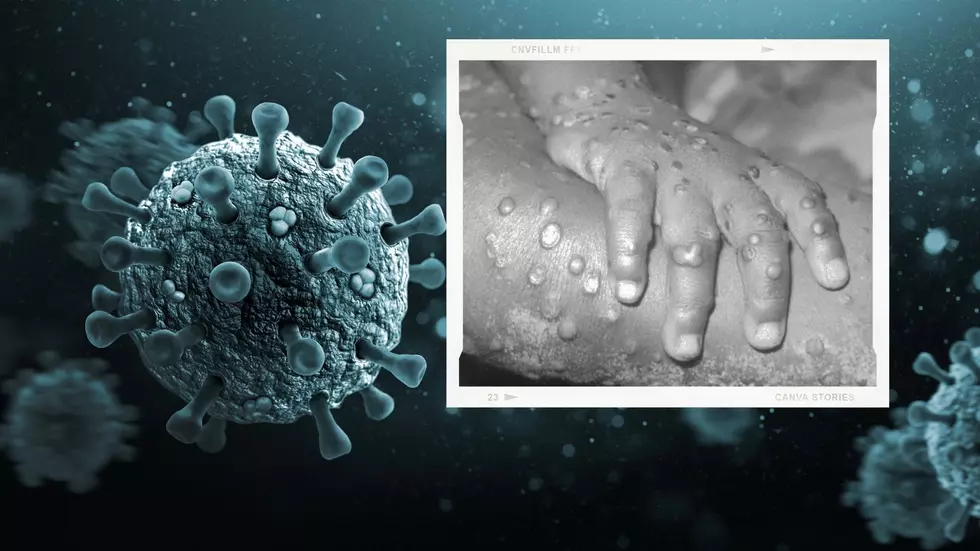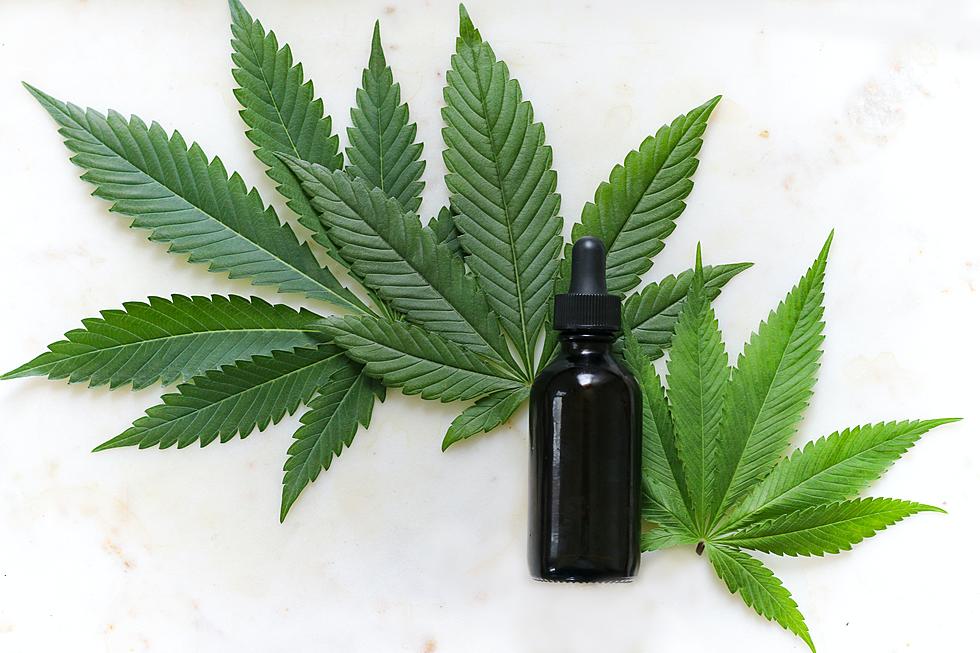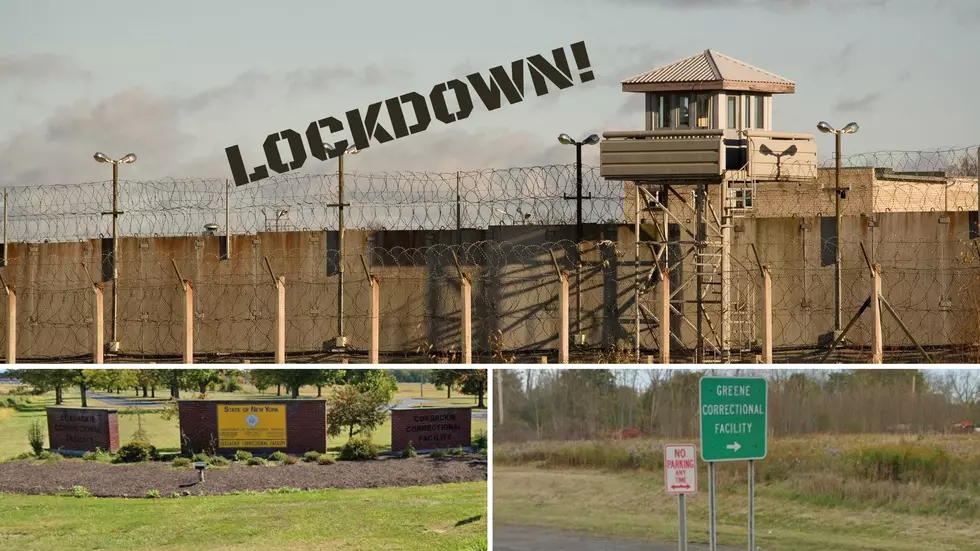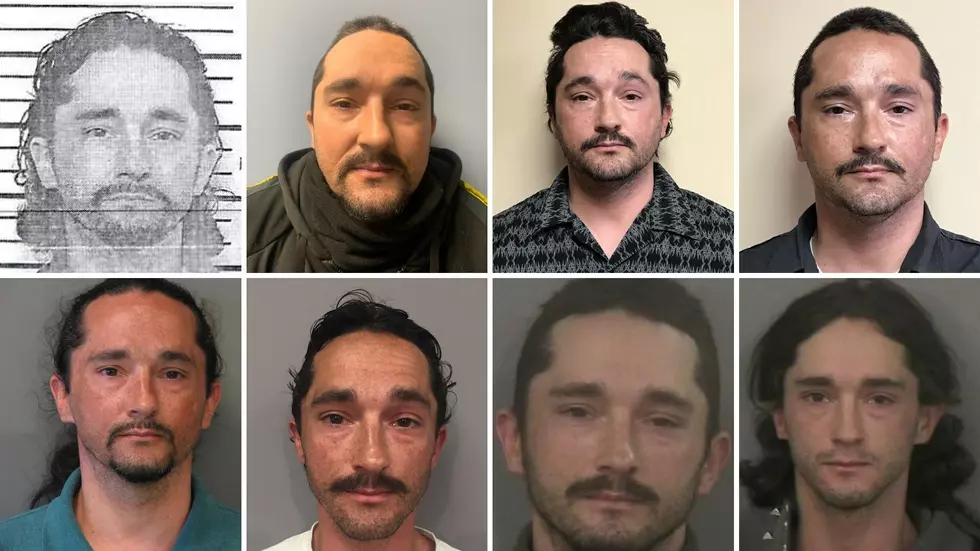
Monkeypox in New York? Docs Isolate Patient who may have Rare Disease
The first outbreak in the United States occurred nearly 20 years ago and most likely infected some 47 people. It is believed to have begun with the importation of infected squirrels and other rodents from Ghana. They in turn infected prairie dogs that were subsequently sold as pets. NY Times
One day after the first case of the monkeypox virus was reported in Massachusetts, doctors in New York say they had to isolate a patient fearing the rare, dreaded disease. According to reports, the person in Massachusetts recently traveled to Canada, where there are more than 15 possible cases around Montreal.
Now the fear is that it has traveled to New York.
What is the Monkeypox virus?
According to the CDC, Monkeypox is a rare but potentially serious viral illness that typically begins with flu-like illness and swelling of the lymph nodes and progresses to a widespread rash on the face and body.
The CDC says that after decades of dormancy, Monkeypox reemerged in Nigeria in 2017 after more than 40 years with no reported cases.
How does Monkeypox spread?
According to the CDC, anyone can spread monkeypox "through contact with body fluids, monkeypox sores, or shared items (such as clothing and bedding) that have been contaminated with fluids or sores of a person with monkeypox."
The Monkeypox virus can also spread between people through respiratory droplets typically in a close setting. Most household disinfectants according to the CDC can kill the monkeypox virus.
Is Monkeypox a threat in New York?
A report from the New York Times claims that there is a patient, currently, under the watchful eye of doctors in New York City who isolated a patient they fear may have the dreaded, puss-filled, blistering disease.
The NY Times is reporting that the person -who is currently being treated at Bellevue Hospital - arrived there on Thursday.
How is Monkeypox treated?
Monkeypox causes flu-like symptoms such as fever and chills, and a rash develops within a few days. There’s no proven treatment for monkeypox, but it usually goes away on its own.
Dangerous Weeds That Could Be In Your Backyard
More From WDOS-WDLA-WCHN CNY News






